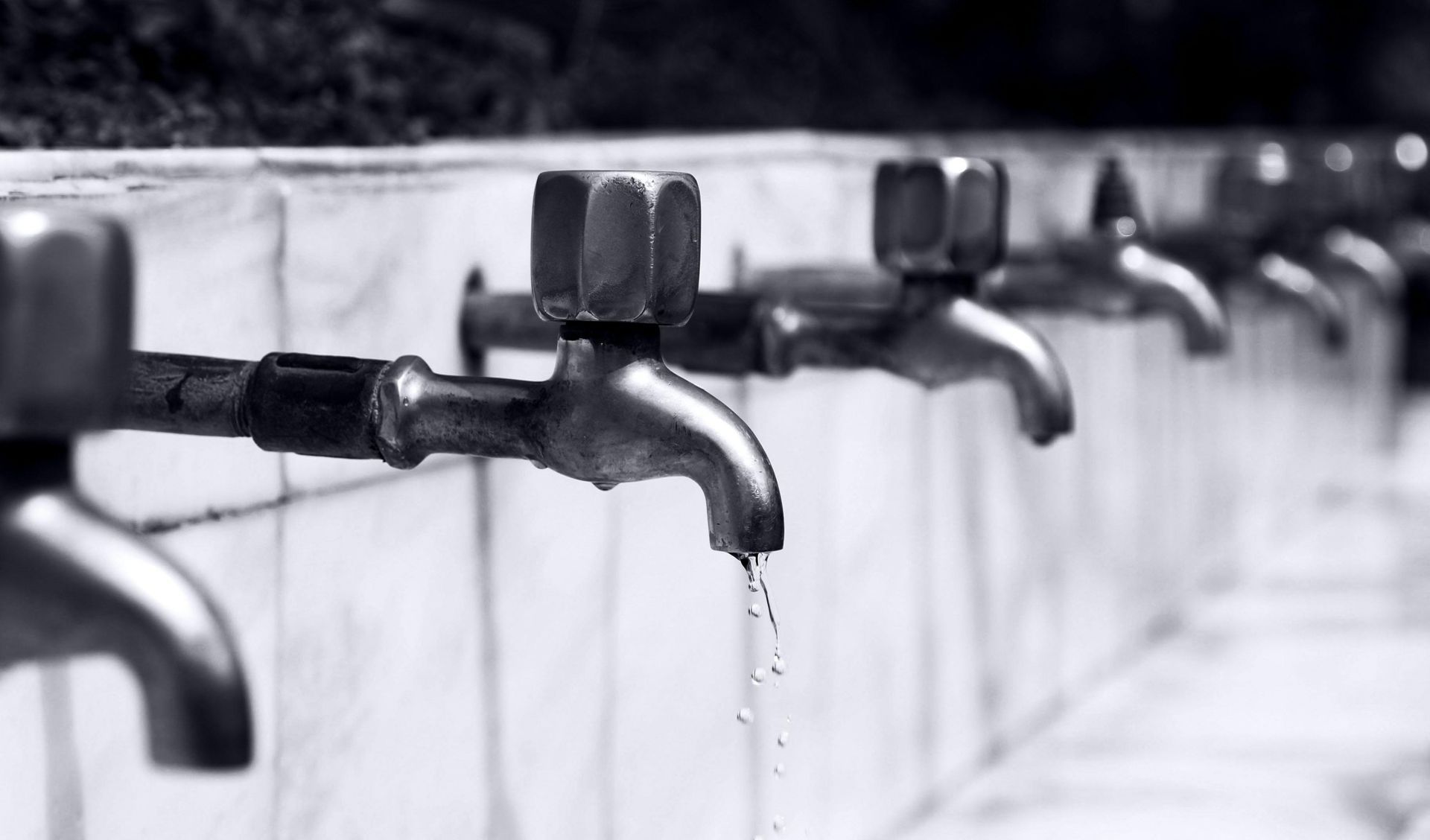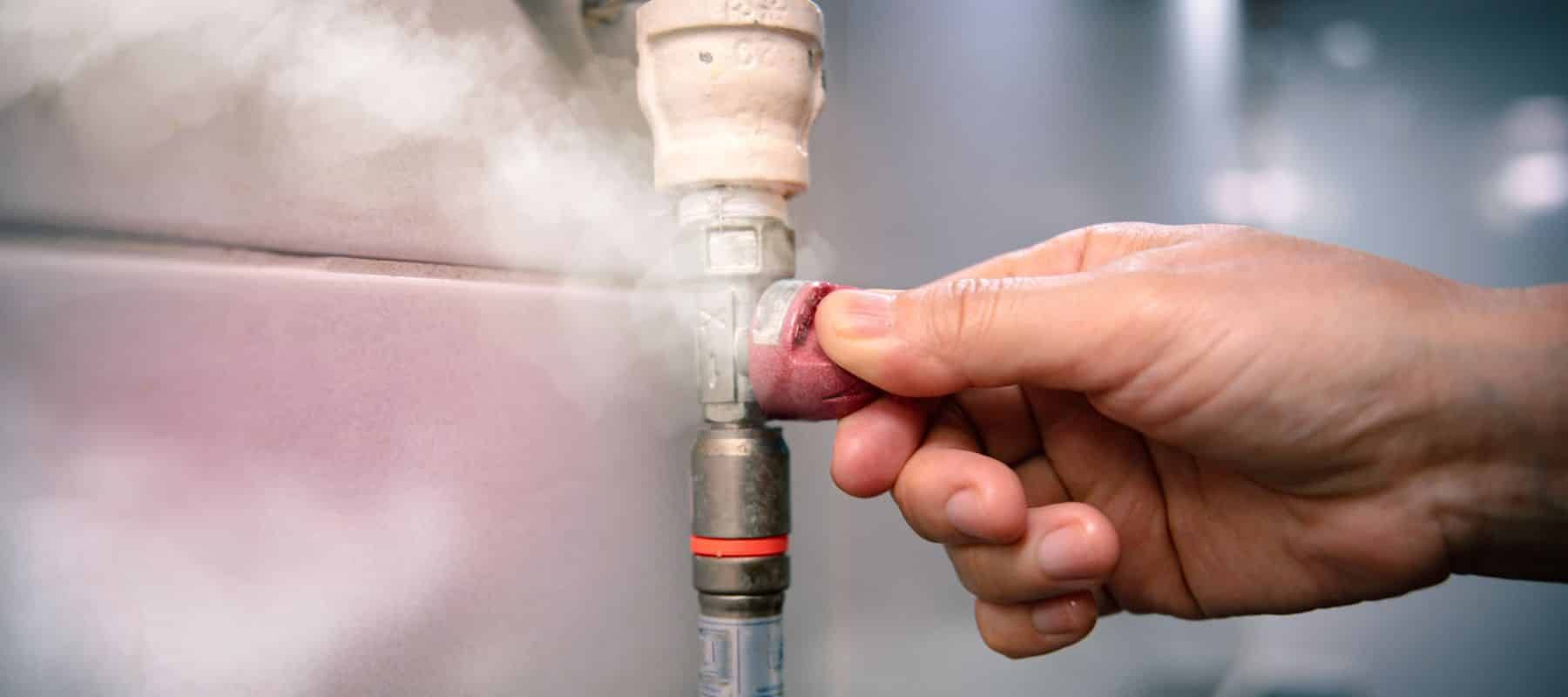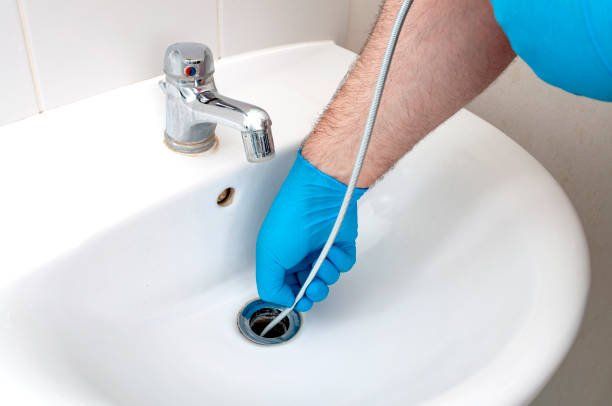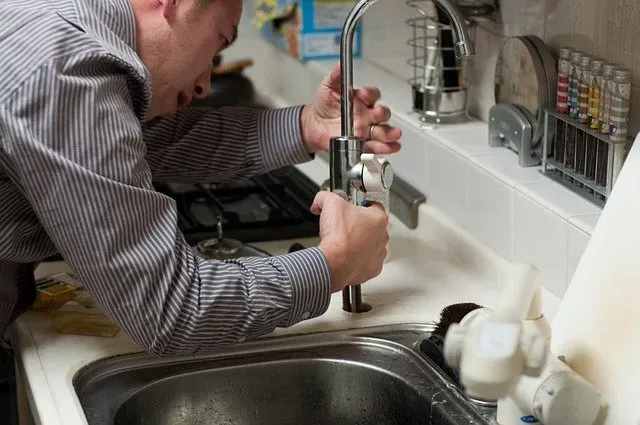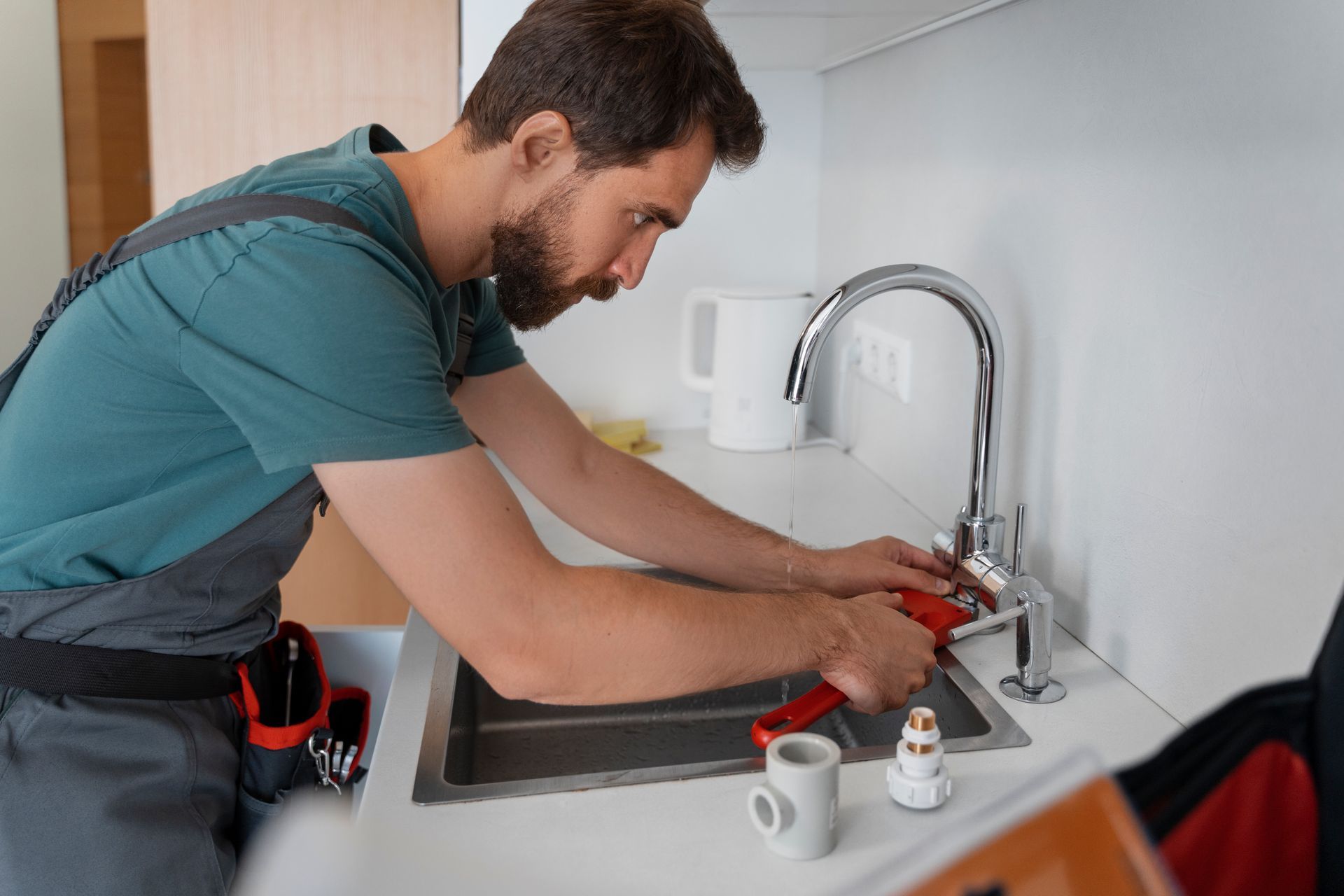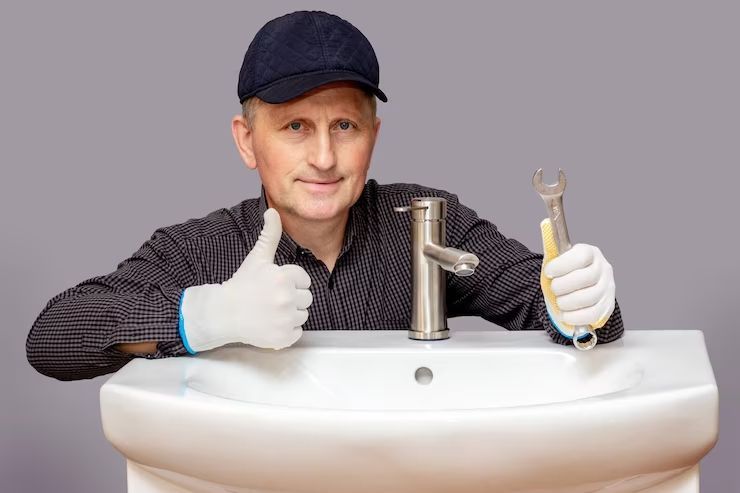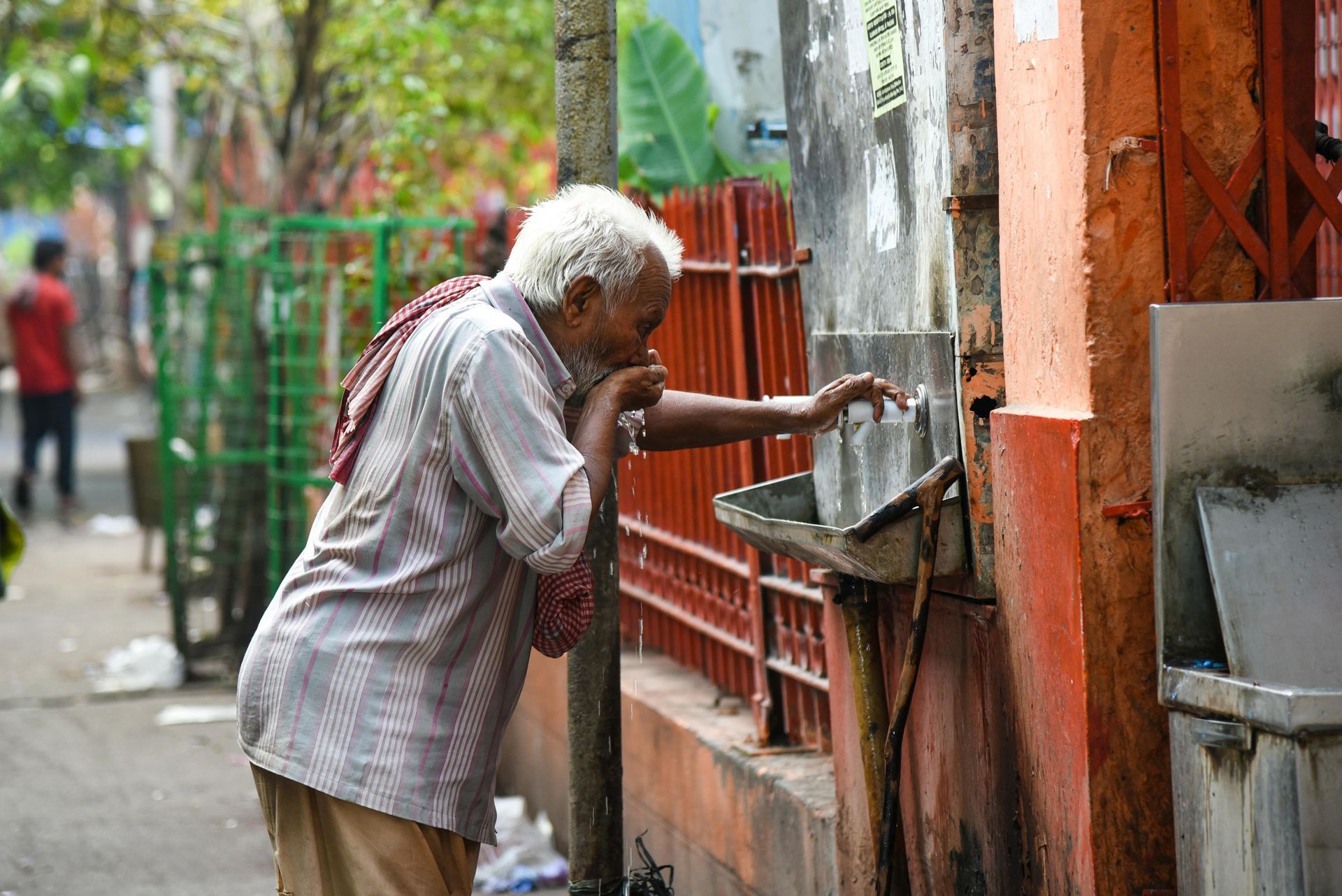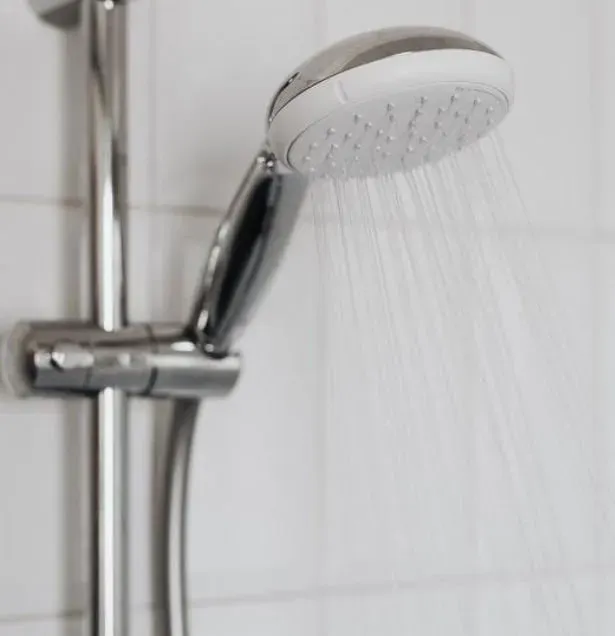How To Maintain Your Whole-House Water Filtration System?
A whole-house water filtration system is a vital investment for any homeowner who values clean, safe water throughout every tap in their home. Proper maintenance is essential to ensure optimal performance, longevity, and the ongoing protection of plumbing fixtures, including water heaters, appliances, and even simple outdoor components. This comprehensive guide explores best practices for maintaining your whole-house water filtration system, providing detailed instructions and valuable tips you can rely on for years to come.
Understanding the Importance of Maintenance
Routine maintenance is not just about keeping water tasting fresh. A well-maintained filtration system prevents sediment buildup, protects sensitive plumbing such as water heaters from scaling, and ensures appliances work efficiently. Neglecting maintenance could lead to reduced water quality, pressure drops, and costly damage to your home’s plumbing infrastructure over time.
Regular Inspection and Filter Replacement
One of the primary tasks in maintaining any filtration system is timely filter replacement. Most whole-house systems utilize a series of filters, including sediment pre-filters, carbon filters, and specialty cartridges designed for specific contaminants. Depending on water usage, source quality, and manufacturer recommendations, these filters should typically be replaced every three to six months.
Regularly inspect your system for signs of reduced flow or changes in water taste and odor. Filter housings should be examined for leaks or cracks. During filter changes, always use high-quality, manufacturer-approved replacements to ensure you maintain the system’s purification effectiveness.
Establishing a scheduled maintenance routine—possibly with reminders or a simple log—ensures filters are never overlooked. Many homeowners coordinate filter changes with other routine tasks around the house for easier recall.
Cleaning System Components and Sanitizing
Along with filter replacements, cleaning the filtration system's various components annually or biannually is crucial for overall efficiency and hygiene. Remove and clean filter housings to prevent microbial growth, sediment buildup, or clogs. Some systems require sanitizing with diluted bleach solution or specialized cleaners—always follow the manufacturer’s instructions closely.
Keep an eye on valves, pressure gauges, and any monitor displays to swiftly identify component wear or function anomalies. Gaskets and O-rings should be checked and lightly lubricated with food-grade silicone grease to maintain tight seals.
Inspecting for Leaks and Addressing Plumbing Issues
Leaks can occur at pipe joints, filter housing connections, or exterior hose bibs. Regular visual and physical inspection can reveal slow drips or dampness before they lead to major water damage. If you spot water pooling around a filter or fixture, act promptly.
Part of proactive system maintenance includes knowing how to fix a leaky outdoor hose bib. Drips at the hose bib might seem minor, but they can cause water waste, promote mold growth, and indicate pressure issues upstream in the filtration system. Usually, repairing a leaky hose bib requires replacing worn washers, tightening packing nuts, or in some cases, swapping the entire bib. These minor repairs should be performed as soon as symptoms appear to ensure the overall system remains efficient and watertight.
Supporting Appliances: The Link To Water Heaters
Your whole-house filtration system works hand-in-hand with home appliances, most notably water heaters. Consistent filtration dramatically reduces mineral and sediment accumulation in water heaters, lowering maintenance needs, improving performance, and prolonging appliance lifespan.
Despite having filtration, water heaters should still be flushed at least annually to remove any sediment that settles at the bottom of the tank. This process improves energy efficiency and forestalls common heater problems. Clean incoming supply pipes and check for filter-related blockages that might impact heating cycles.
Monitoring Water Pressure and Flow Rates
A healthy filtration system preserves normal water pressure throughout your home. If you notice drops in water pressure, it can indicate clogged filters, valve issues, or breaches in the piping network. Monitor pressure gauges (if equipped) and address anomalies quickly. Lower-than-usual pressure could strain plumbing and appliances, while excessively high pressure might cause leaks or damage to the system.
Water Quality Testing and System Performance Verification
Even the best-maintained systems require periodic water quality tests to confirm they’re functioning correctly. Use at-home water test kits or hire a professional to analyze for sediment, chlorine, bacteria, hardness, and other contaminants. Comparing post-filtration water quality to incoming supply helps you judge filtration effectiveness and make timely improvements to your maintenance routine.
Professional Maintenance Support
Some aspects of whole-house filtration systems are best handled by experts, especially when it comes to complex repairs or deep cleaning. Engaging companies like All City Plumbers can provide peace of mind, bringing expertise for comprehensive inspections, system sanitization, and troubleshooting hard-to-diagnose problems. These professionals can also upgrade system components, install pressure regulators, and check for compliance with local plumbing codes.
Regular professional oversight augments your home maintenance efforts and ensures your system remains a high-performing safeguard for your family’s water.
Seasonal and Preventive Maintenance Tips
Whole-house systems must adapt to the seasonal variations that affect municipal or well water supplies. Cold snaps can cause plastic housings to become brittle and susceptible to cracks, while hot weather can foster bacterial growth in standing water.
Drain and insulate outdoor pipes as necessary to prevent freezing. In addition, maintain good general plumbing practice by promptly repairing minor leaks or performing seasonal plumbing inspections. Not only does this safeguard your filtration system, but it also contributes to the well-being of the overall household water infrastructure.
Conclusion
Maintaining your whole-house water filtration system is a continuous process involving regular filter replacement, routine inspections for leaks and pressure anomalies, cleaning and sanitizing components, and supportive care for appliances like water heaters. Proactive attention—such as taking the time to fix a leaky outdoor hose bib or scheduling regular checks with All City Plumbers—protects your water quality and home value. With a thoughtful maintenance regimen and expert partnerships, you can ensure your family enjoys safe, clean water from every tap, shower, and hose bib for years to come.

